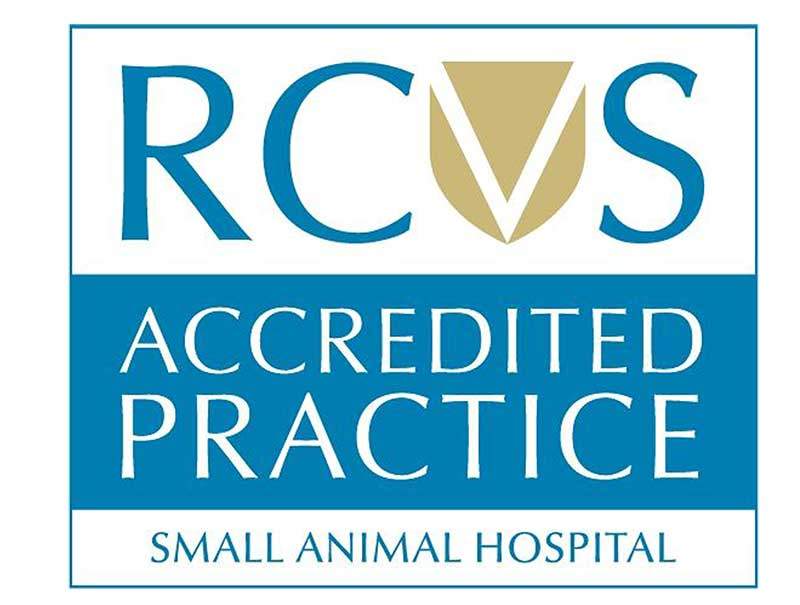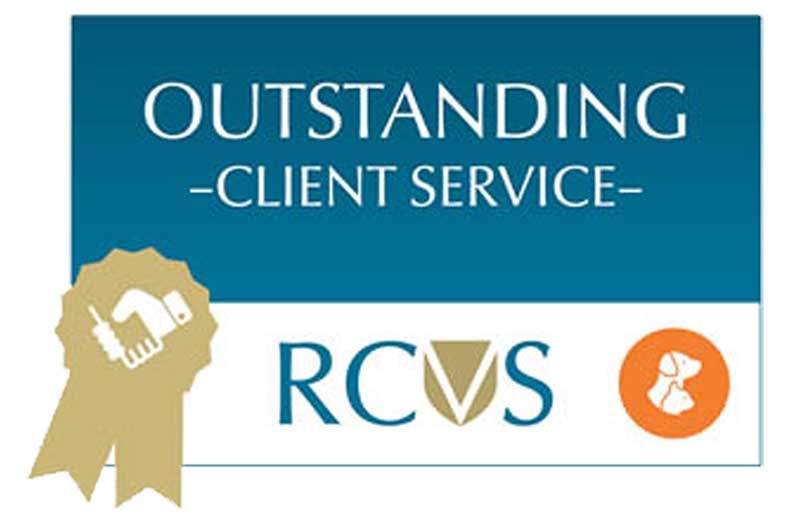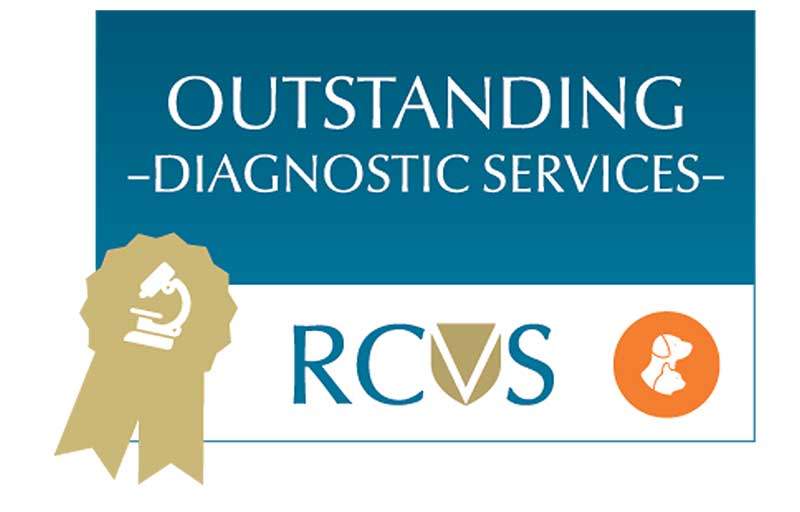A liver lobectomy is an operation that involves removing part or all of a liver lobe. The liver is made up of 6 lobes, and it is possible to remove up to 70% of the liver as it can regenerate. The liver is a vital organ that works with the other organs within the body to keep dogs and cats healthy. The liver is responsible for regulating the content of the blood, including removing toxins, it processes nutrients, cholesterol, and clotting agents. The liver can break down drugs, which is why the liver can be impacted by long-term medication use. A liver lobectomy is used to remove diseased parts of the liver, such as cancerous cells.
Indications Of Liver Lobectomy
A liver lobectomy will only be carried out after a careful and precise diagnosis of the condition of the liver of the dog or cat. A liver lobectomy is often used in conjunction with chemotherapy to treat dogs and cats with cancer. Diagnosis will be made using a combination of symptoms such as a distended abdomen, vomiting, and lethargy, combined with a physical examination where a mass on the liver can sometimes be felt on palpitation. Blood work will be carried out to test for elevated liver enzymes, and an ultrasound of the liver may be used to confirm diagnosis.
Tumour Types
Different types of tumours are commonly found in dogs and cats. Some tumours are metastatic, which means they are secondary tumours, and these do tend to have worse outcomes. The most common tumour of the liver in dogs is hepatocellular carcinoma, which is a single mass tumour that originates from the liver cells. It tends not to spread to other organs, so a liver lobectomy for this type of tumour has a high success rate. In cats, more than half of liver tumours are biliary cyst adenomas (bile duct adenomas), which are usually benign. The most common malignant liver tumours in a cat are bile duct carcinomas. Your specialist surgeon will advise on the likely success outcomes of your dog or cat’s liver lobectomy procedure based on the suspected type of liver tumour.
Liver Lobectomy Procedure
A liver lobectomy is a complex procedure, with associated risks. Our experienced surgical team will explain the procedure in detail including possible outcomes, and risks. All surgery carries a risk, which will always be explained to you. Your pet will be placed under general anaesthetic before a midline incision is made to expose the liver. The blood supply to the liver will be cut off, to allow the lobectomy to take place with minimal blood loss. The liver can bleed excessively, and in certain cases, a blood transfusion may be needed during the surgery, but this will be discussed with you before the procedure takes place.
Post-operative Care
As with all soft tissue surgery, the quality of the aftercare will have a direct bearing on the recovery rate of your dog or cat. We will often keep your dog or cat here in our hospital during their initial recovery days so that we can monitor them closely, as well as provide them with pain relief. Once we discharge your dog or cat home to you, you will need to keep them quiet and prevent them from leaping around, which could result in them tearing their stitches and setting back their recovery. They will need two weeks of being kept quiet to enable their body to recover quickly. You will need to check the wound for any signs of redness, discharge, or change, as well as monitoring your dog or cat’s general demeanour. If you are in any doubt about the health of your pet, please contact us.
Recovery
Two weeks after the procedure, your pet should be well on the road to recovery. We will see your dog or cat for a follow-up appointment around the two-week mark, to check on the healing process. Animals are surprisingly robust, and even after surgery such as a liver lobectomy, your pet should return to full activities after a few weeks. Be sure to gradually increase their exercise over time once you start walking them again, to help bring them back to full fitness again.
Liver Lobectomy Prevention
It is not always possible to prevent liver tumours in your pet. Genetic factors, over which you have no control, can have a large bearing on the likelihood of a tumour developing, and certain breeds are more prone to tumours than others. Concentrate on supporting your dog or cat’s general health, with regular exercise and a good diet, as this will certainly improve their chances of health. Avoiding known carcinogens, such as car-exhaust fumes, pesticides, and cigarette smoke will help to reduce the chances of your pet contracting cancerous tumours.
Liver Lobectomy Considerations
All surgery comes with a risk, but this is always weighed against the likelihood of success from the removal of a liver lobe. The risks and benefits will be carefully evaluated by an experienced veterinary surgeon, and the surgery will be recommended based on this evaluation. It is often only after surgery that the type of liver tumour can be confirmed, and the next steps of treatment can be planned. We will always discuss the surgery with you in detail, you that you fully understand what to expect.
Prognosis
The success rate of liver lobectomy surgery is high. Depending on the type of tumour, the surgery may need to be followed up with chemotherapy or radiotherapy, to maximise the chances of survival for the dog or cat. The greatest risk during the surgery is the liver haemorrhaging. Due to this, we are always prepared to perform an emergency blood transfusion during the surgery, to help support the health of your dog or cat during the procedure and afterwards. The prognosis and steps following surgery will be thoroughly discussed with you during your pre-surgery appointment. It is important to note that sometimes the prognosis will depend on the type of liver tumour and that this may not be established till after the surgery has taken place.
Cost of Liver Lobectomy
The health and wellbeing of the animals that we treat are always our top priority. We price our services fairly and affordably. Whilst operations can seem expensive, the dedication and care that your dog or cat will receive throughout their time here with us are priceless. Operations, such as lobectomy of the liver, are an investment in the health of your pet, and can often give you more years with your dog or cat than you would have otherwise had. If your dog or cat is not insured, please speak to our friendly team to discuss payment options. We will always put the health of your pet first, and we are always extremely transparent about our pricing and what your treatment costs will include, this way there are no nasty shocks or surprise extras.
Next Step
We accept referrals from both veterinary practices and directly from pet owners, both for insured and uninsured animals. If you are a referring vet, you can refer a dog or cat to us for liver surgery using our online form. If you require more information about liver surgery or a discussion about your patient or are a dog or cat owner, then please contact our friendly and helpful team here at NorthWest Referrals on 01942 242001 or by email to info@northwestreferrals.co.uk




